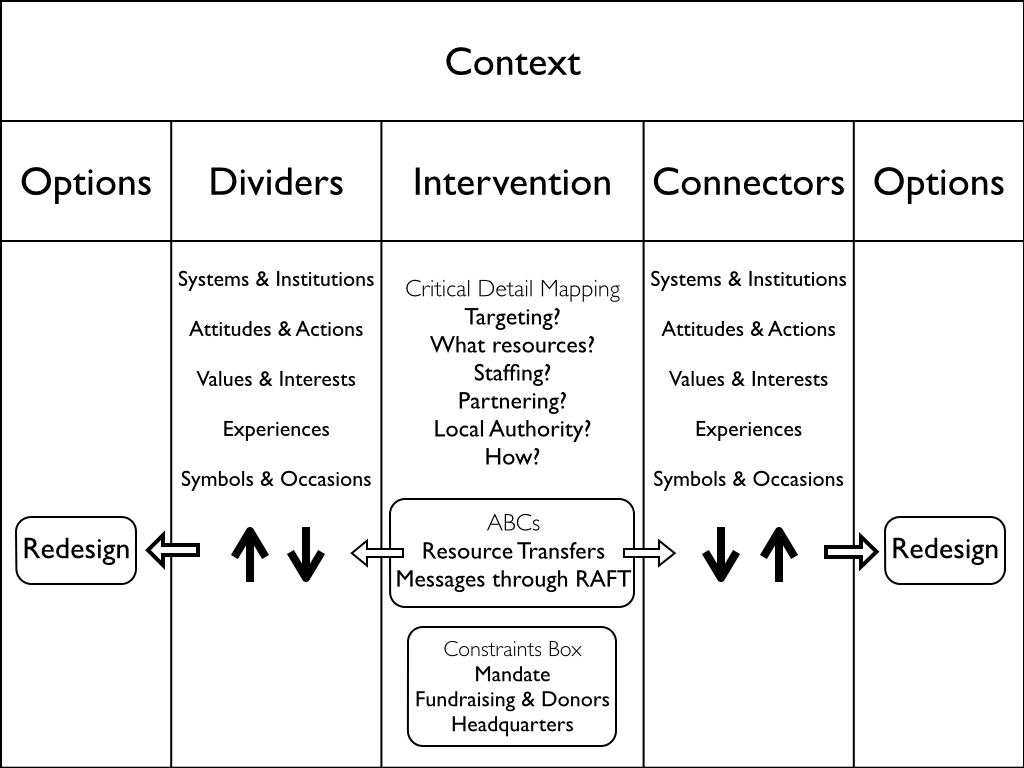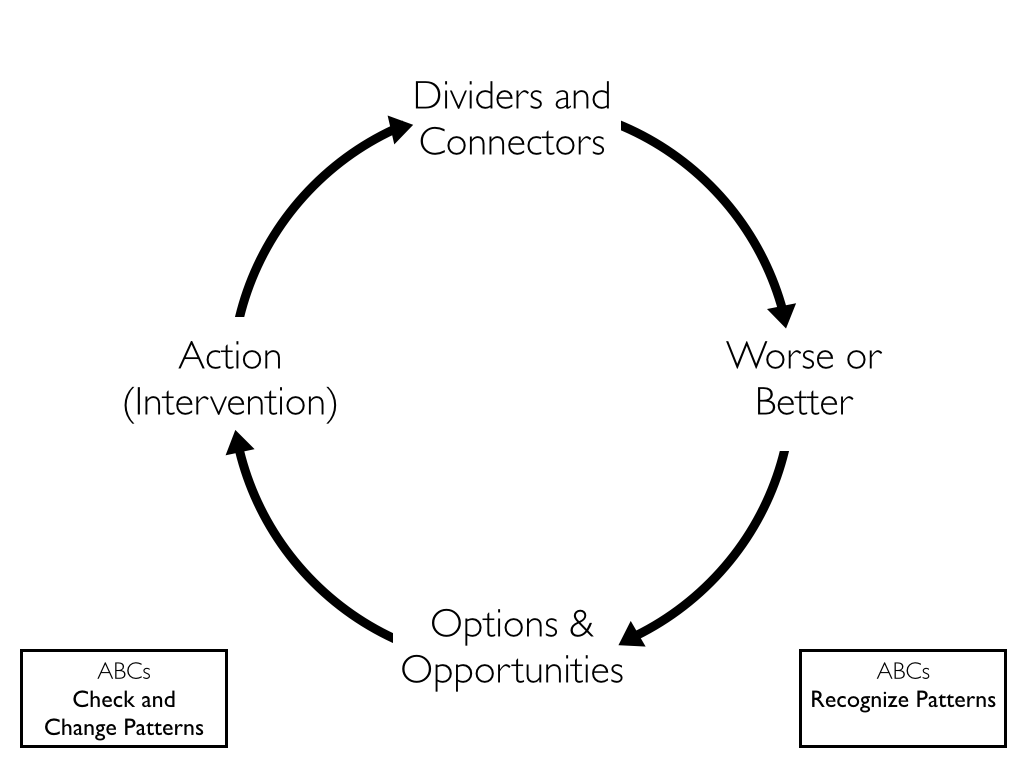Market Effects are the result of changes in the local incentive structures and patterns of opportunity caused by the introduction of new resources. The new resources noticeably affect incomes, wages, profits, and prices so that people’s perception of economic winners and losers changes.
Why do negative Market Effects happen?
Negative Market Effects are the result of changes in the local systems that allow or encourage particular groups to rapidly gain economic advantages. Organizations bringing in resources are often unaware of the local economic patterns, including the types of goods available and who provides them. The organization might inadvertently compete with locals or even completely upend a market. They are also often unaware of the ties of power and patronage among the providers of goods and services that they may want to make use of. They do not know who they are being seen to support and what that means within the local context.
Where some local people and groups are better positioned to take advantage of a new situation due to historical advantages, this can lead to serious problems between groups. A particular group may quickly acquire a monopoly of some sort (most of the management jobs, the majority of construction contracts, etc.). These advantages can be languages, types of education or schooling, ownership of vehicles or land, and so on.
Previous Page Market Effects on Prices
Next Page Using Market Effects
Related Topics
Critical Detail: Resources—What do we provide?
Market Effects
Market Effects on Incomes
Market Effects on Wages
Market Effects on Profits
Market Effects on Prices
Resource Transfers

